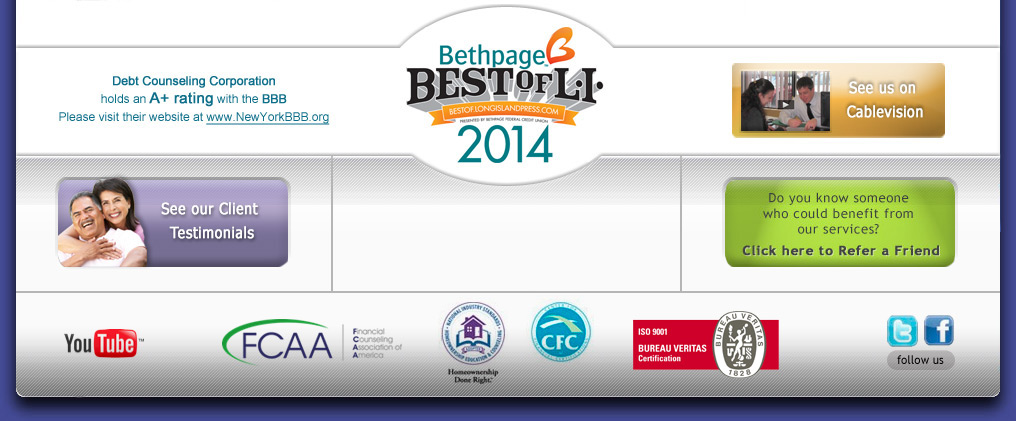The Psychology of Spending
In our capitalist society, consuming goods and services is an ongoing activity that helps keep our national economy healthy. To simplify: when we consume (that is, buy) something, the company we buy from makes some money. Consequently, the company can pay employees to work for them. These employees can pay their bills and enjoy a decent quality of life, and afford to buy goods and services from another company. That company, in turn, makes some money. Consequently it can pay employees to work for them. These employees can pay their bills, enjoy a decent quality of life, and afford to buy goods and services from another company. And so on.
This in a nutshell is how our economy works. So when an individual spends money, he or she is helping our economy stay healthy, right? Well, yes. But it is also important to keep our own individual households financially healthy. Often we buy things that we don’t really need, and sometimes don’t even want. So we should pay more attention to why we buy what we buy and when we buy it.
When we buy something, that means someone is selling us something. Selling is the transferring of emotions from the salesperson and/or product to the consumer. That means that another person’s job is to make sure that we buy. Companies put a lot of time, money and effort into their sales departments and advertising budgets. Consider the following facts:
- Most purchases are made due to emotions and impulses, not logic and need.
- A vendor will pay $25,000 or more for their item to be near the cash register, knowing that consumer impulsiveness translates into profits
- Advertising influences the behavior and buying habits of billions of people each year. More than$435 billion dollars is spent on advertising annually worldwide.
- Advertising in the United States is so pervasive that the average person sees between 500 and 1,000 ads each day, either through television, the internet, billboards, newspapers, magazines, radio, t-shirts, etc.
- Advertising is the art of arresting the human intelligence just long enough to get money from it.” Chuck Blore, a partner in the advertising firm Chuck Blore & Dan Ruchman, Inc.
- Advertising has become more subtle and difficult to detect and ignore. For example, there are advertisements disguised as news and entertainment, there is the “product placement” phenomenon within television shows and movies, where the camera lingers on a particular shot with a product (such as a soda can, for example) in clear view.
If all of this time, money and effort is being spent on advertising, we must conclude that advertising is successful in getting us to buy things.
What can we do to be sure that when we buy something?
It is because we need it and/or truly want it?
Or buying it because of our emotions?
BEWARE THE PERSUASIVE SALESPERSON OR ADVERTISEMENT!!
A YALE UNIVERSITY study has identified the 12 most persuasive words in Sales and Advertising. These words (and words that are similar in meaning) evidently successfully lure the unsuspecting consumer into buying goods and services, often even if there is no need and no previous desire. These 12 persuasive words are:
| New | Discover | |
| Proven | Easy | |
| Results | Guarantee | |
| Safety | Health | |
| Save | Love | |
| You | Money |
When you see or hear an advertisement which emphasizes any of the above 12 words, take some extra time to make sure the product or service is something YOU really want or need.
TAKE THE ADVERTISING CHALLENGE
When you see an advertisement, look at it critically. Ask yourself some questions, such as:
- What is the ad really trying to accomplish?
- Will drinking that brand of soda (for example) really cause me to have a good-looking boyfriend who frolics with me on the beach?? Will driving that SUV really make me a sexy family man who is rugged and sensitive at the same time??
- What is the ad claiming the product can do. Does that claim make sense to me? If something sounds too good to be true, it probably is.
- Is there someone endorsing the product? If so, is it someone who looks pretty/handsome, or is it someone who might really be educated and experienced and have knowledge of the product?
- If the ad quotes statistics such as 9 out of 10 experts agree, does the ad tell you who these experts are and if their area of expertise is relevant? For example, they could have surveyed 10 lawyers and asked their opinion, but if the product being advertised is a phone service, for example, their opinion is not relevant.
TAKE YOUR CONSUMER POWER BACK!!
Be aware of what YOUR values are instead of focusing on what the advertiser values.
Remember to think about what YOU really want – not what the advertiser wants you to want.
WITH FRIENDS LIKE THAT, WHO NEEDS ENEMIES?
Friends are great but sometimes friends have the same weaknesses we do. If that’s true, and your friends also get taken in by the persuasive sales traps, they may not be too supportive of your efforts to be more aware and conservative with your spending. Keep them as friends, but wait until you’re feeling more established with your new financial skills before you let them know about your efforts to control your finances. Don’t open yourself up to possible unsupportive “kidding” or ridicule.
This is a secure website - your information will be encrypted. Click on the image below for more security information.



















